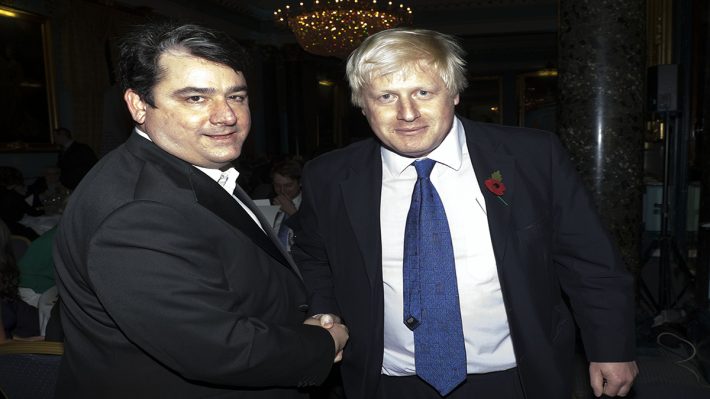The doctrine of witness immunity – English law
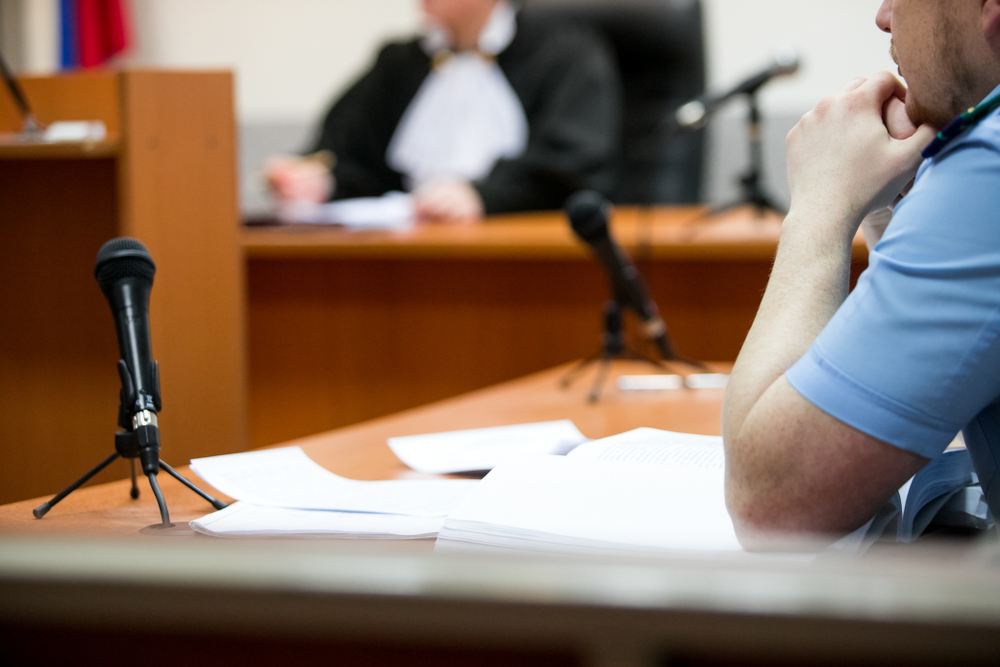
In a nutshell, the doctrine of witness immunity provides witnesses with absolute immunity from civil suit in relation to the words they have spoken and the evidence they have given, either in court or to police in a criminal investigation.
In our 2021 investigation, ‘Paul Staines AKA Guido Fawkes is on fire‘ we set out how Paul Staines (Guido Fawkes) defrauded Martin Walsh, now managing partner of this firm, by dishonestly failing to disclose information during ex-parte financial injunction proceedings.
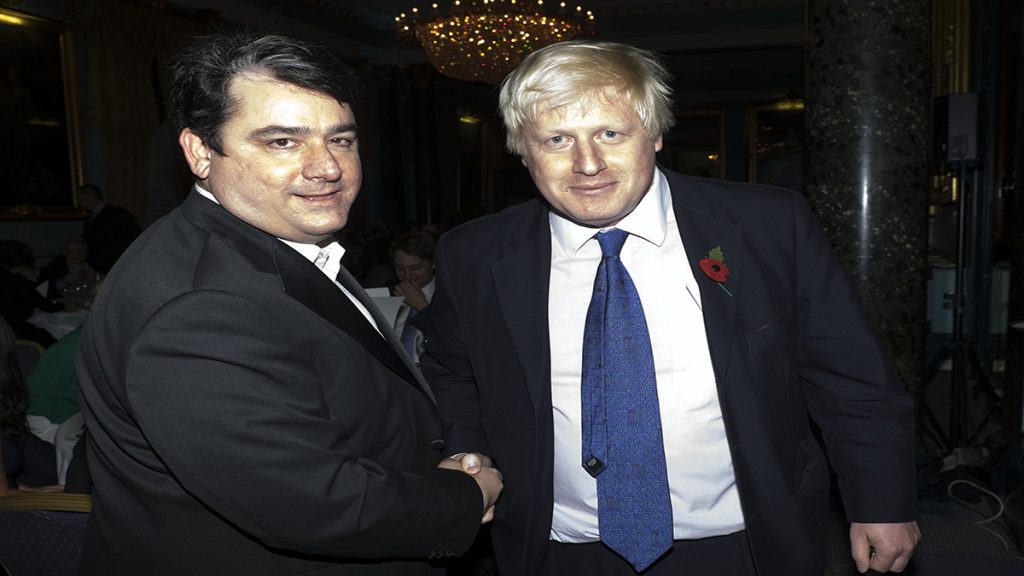
At the heart (and the start) of the case was the fact that Mr Staines knowingly misrepresented his financial position in the affidavit he swore on 23rd April 2002 to support his injunction, and that he did not have the means to meet any damages that might be awarded against him under the undertaking in damages he had to give, and that his solicitors later wrote to Richards Butler about his finances in terms which they knew were untrue; and that they all deceitfully failed to reveal the true position.
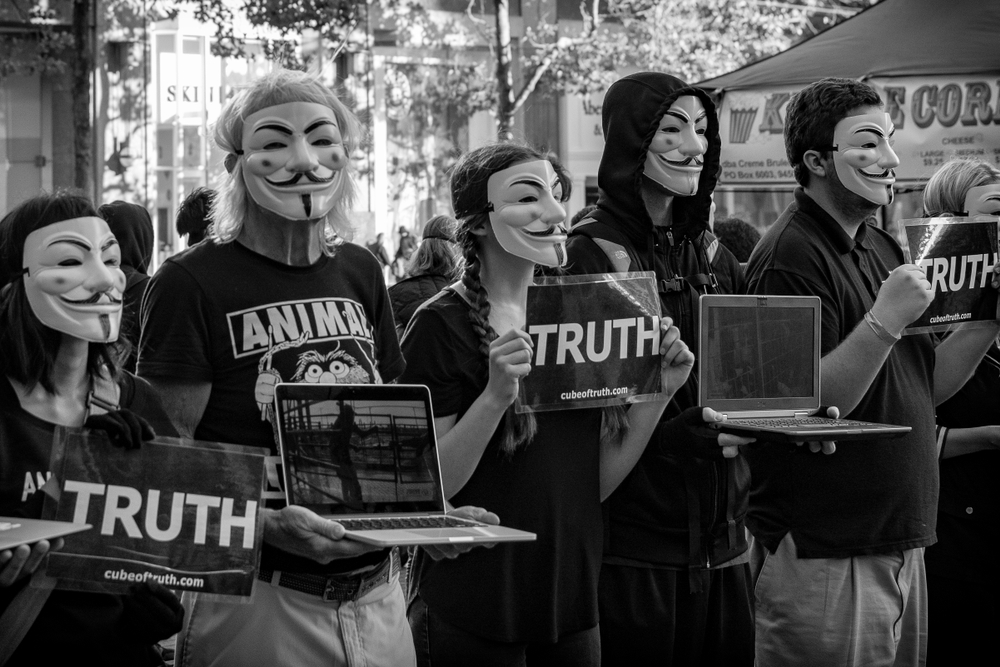
Our objective: To scare the fxxking shit out of the other side
Evidentially (below) it is proven beyond shadow of doubt that the partners involved at Sprecher Grier Halberstam, Edward Judge, counsel acting for them, and their client, Paul Staines, all had acute knowledge of circumstance that in fact, Guido Fawkes, or, the man behind the mask, Staines, never had a contract with Mr Walsh or any claim at all, they admitted it in writing, and revealed their true motive in the fraud.
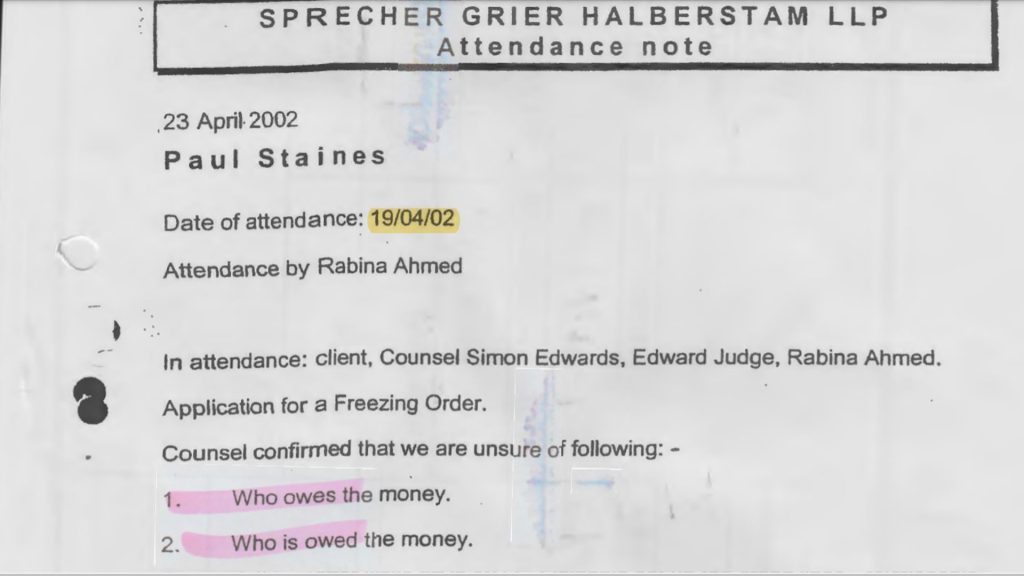
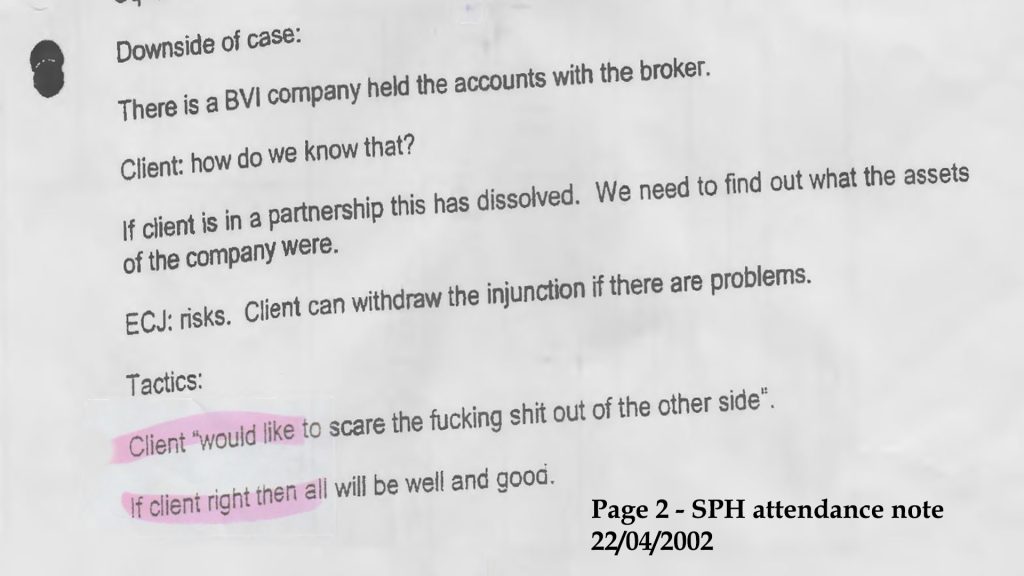
In the High Court – Mr Justice Laddie set aside the injunction citing dishonesty
Staines v Walsh & Anor | [2003] EWHC 1486 (Ch), Mr Justice Laddie dismissed Paul Staines’s application to increase the freezing order level based on the following reasons:
- Lack of evidence supporting the existence of a significant risk of asset dissipation by Walsh.
- Failure by Staines to disclose his unsettled tax liability and a changed financial position.
Martin Walsh v Paul Staines, Sprecher Grier Halberstam & Edward Judge
On 7th February 2005 Mr Walsh issued the claim against (1) Mr Staines, (2) Sprecher Grier Halberstam and (3) Edward Judge. We recite below Mr Walsh’s “brief details of claim”:
(1) An action for damages for fraudulent deceit and conspiracy arising from representations made by the [second] and [third] defendants on behalf of the [first] defendant in the course of those proceedings.
(2) The recovery of costs against the second and third defendant who were instructed by, and at all material times acted as solicitors on behalf of the first defendant for an action previously commenced by the first defendant against the claimant.”
The doctrine of witness immunity from suit – English law
The Court of Appeal case arose by appeal from the judgment of Miss Sarah Asplin QC sitting as a deputy judge of the High Court of 26 July 2007 whereby she dismissed the application made by the second and third defendants, Sprecher Grier Halberstam LLP and Edward Judge, to strike out Mr Walsh’s claim,
In Sprecher Grier Halberstam LLP & Anor v Walsh [2008] EWCA Civ 1324, the Court of Appeal granted permission to the appellants, who submitted that:
“(1) the particulars of claim and the further information served under it fail to disclose any proper case of deceit or conspiracy or of any reliance; and/or
(2) upon the evidence, the claim stands no real prospect of success; and/or
(3) the claim, or alternatively paragraphs [4] and [5] of the particulars of claim are contrary to public policy and/or infringe the privilege attaching to the evidence of witnesses.”
In allowing the appeal, the Court considered the superior court’s authorities in the House of Lords, from which we recite below, p.39 – 40:
The law relating to witness immunity
“39. The doctrine is well settled. In Watson v M’Ewan [1905] A.C. 480, 486, the Earl of Halsbury L.C. said:
“By complete authority, including the authority of this House, it has been decided that the privilege of a witness, the immunity from responsibility in an action when evidence has been given by him in a court of justice, is too well established now to be shaken. Practically I may say that in my view it is absolutely unarguable – it is settled law and cannot be doubted. The remedy against a witness who has given evidence which is false and injurious to another is to indict him for perjury; but for very obvious reasons, the conduct of legal procedure by courts of justice, with the necessity of compelling witnesses to attend, involves as one of the necessities of the administration of justice the immunity of witnesses from actions being brought against them in respect of evidence they have given. So far the matter, I think, is too plain for argument.”
40. A more modern exposition of the rationale for the rule is given by Lord Hutton in Darker v Chief Constable of the West Midlands Police [2001] 1 A.C. 435, 464:
“… in order to shield honest witnesses from the vexation of having to defend actions against them and to rebut an allegation that they were actuated by malice the courts have decided that it is necessary to grant absolute immunity to witnesses in respect of their words in court even though this means that the shield covers the malicious and dishonest witness as well as the honest one.”
He added at p. 468: “Furthermore, the authorities make it clear … that where the immunity exists it is given to those who deliberately and maliciously make false statements; the immunity is not lost because of the wickedness of the person who claims immunity.”
Paul Staines, the extreme right wing political blogger was given witness immunity, he could not be prosecuted civilly or held in contempt of court, even though he made knowingly false statements.
The doctrine of witness immunity from suit, we fully understand and do not dispute, however, the rule of law means equality before it, ‘no one is above the law‘.
Criminal statutory law creates the offence of fraud by failing to disclose information. The offence is complete when the offender withholds information they are under a legal duty to disclose, and he withholds that information (fraudulently failing to disclose information), with intent to make a gain or to cause loss to another.
Privilege of judicial & witness immunity does not make you ‘above the law’
In the leading judgment by the Court of Appeal on the doctrine of judicial immunity from suit, the former Master of the Rolls, Lord Denning in Sirros v Moore [1974] QB CA 118, p.467 said this:
![Sirros v Moore [1974] QB 118
The doctrine of judicial immunity / witness immunity does not make those with privilege of it, above the law.](https://intelligenceuk.com/wp-content/uploads/2025/04/Sirros_v_Moore_1975_QB_118_page_10_liability_of_a_judge-1024x602.jpg)
If a judge commits a criminal offence whilst in office, he can be punished in the criminal courts, and therefore, it should come as no surprise to Guido Fawkes, who should be feeling the heat, that so can he, so, whilst the doctrine of witness immunity provided him absolute immunity from civil suit, it does not protect him from feeling the full force of the law.
Fraud does unravel all, even post judgment, and, no one of above the law.



